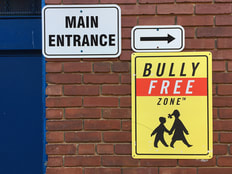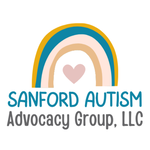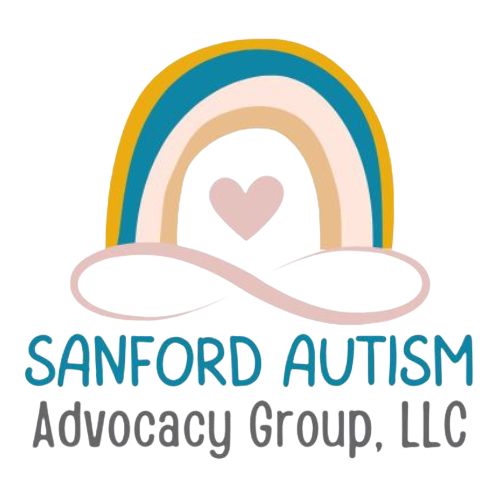 The call…”Mrs. Sanford, there has been an incident at school.” My heart sinks as I hear that my six-year old child with High-Functioning Autism has been the target of bullying by her peers. We immediately convene multiple meetings to address the issue and to ensure that this type of behavior does not happen again. In recent years, incidents of bullying in various degrees have filled our news and social media venues. In an article from 2000 (Counseling and Human Development), author Barry K. Weinhold stated that "bullying is the most common type of violence in contemporary US society". Statistics Research reveals that children with Autism Spectrum Disorder (ASD) unfortunately experience bullying even more than their neurotypical peers. For example, one study found that a total of 63% of 1,167 children with ASD had been bullied at some point in their lives (iancommunity.org). Another study found that those impacted by High-functioning Autism and/or Asperger's Syndrome were bullied more than children more significantly impacted by Autism. The Bullying-Autism Connection So, why is there a connection between Autism and bullying? 1. First, those who bully typically have been bullied themselves in some form. So, bullying others becomes a coping strategy for managing their own unresolved pain. 2. Because of theory of mind or “mind reading” challenges and social skill difficulties, our children with ASD become vulnerable targets for bullying. For example, they typically struggle to infer the intentions of others or have difficulty reading body language and other nonverbal cues. Those who bully find it easy to take advantage of these weaknesses. How Can We Help? There are several strategies to help decrease the incidence of bullying for our children with Autism.
The reality of bullying is far too familiar to families impacted by Autism Spectrum Disorder. As a clinician and Autism parent, I have experience from two perspectives. I believe that we can and we must do more to address bullying at various levels. Let's do what we can to see change for all, especially for our children with ASD 💙 References: https://www.iidc.indiana.edu/pages/bullying-and-students-on-the-autism-spectrum https://www.iancommunity.org/cs/ian_research_reports/ian_research_report_bullying https://www.autismspeaks.org/family-services/bullying https://carolgraysocialstories.com/about-2/carol-gray/
3 Comments
Crystal Sanford
3/2/2018 08:11:27 am
Thanks so much Jenn!
Reply
1/20/2022 04:06:32 pm
It is so important to diagnose ASD, as without a diagnosis this can make so many areas of life difficult, distressing and bewildering for the undiagnosed person.
Reply
Leave a Reply. |
AuthorCrystal Sanford, M.Ed., M.A. CCC-SLP, ASDCS is an Educational Consultant, IEP & Autism Advocate and Speech-Language Pathologist. She is also the host of inspiring podcasts, Thriving Special Families and Thriving Autism Families! Her passion is advocating STRONG alongside fellow Autism and other fellow parents of neurodiverse children, helping them to persistently pursue what their children deserve at school. In her free time, she enjoys gardening and spending time with her husband and two children in San Diego, CA. Archives
November 2023
CategoriesAll Amazing Grace Autism Info IEP Advocacy SAC Company Info Thriving Special Families Tips And Strategies |
Photos from Ivan Radic (CC BY 2.0), Ben Taylor55, Oregon State University, C. VanHook (vanhookc), Rod Waddington, bobobahmat, Ivan Radic, marcoverch, Szhlopp, quinn.anya, bennylin0724, Gamma Man, Lorie Shaull, vhines200, davidstewartgets, truewonder, wuestenigel, ecosistema urbano, Phil Scoville, Our Dream Photography (Personal), Alexander king79, Dick Thomas Johnson








